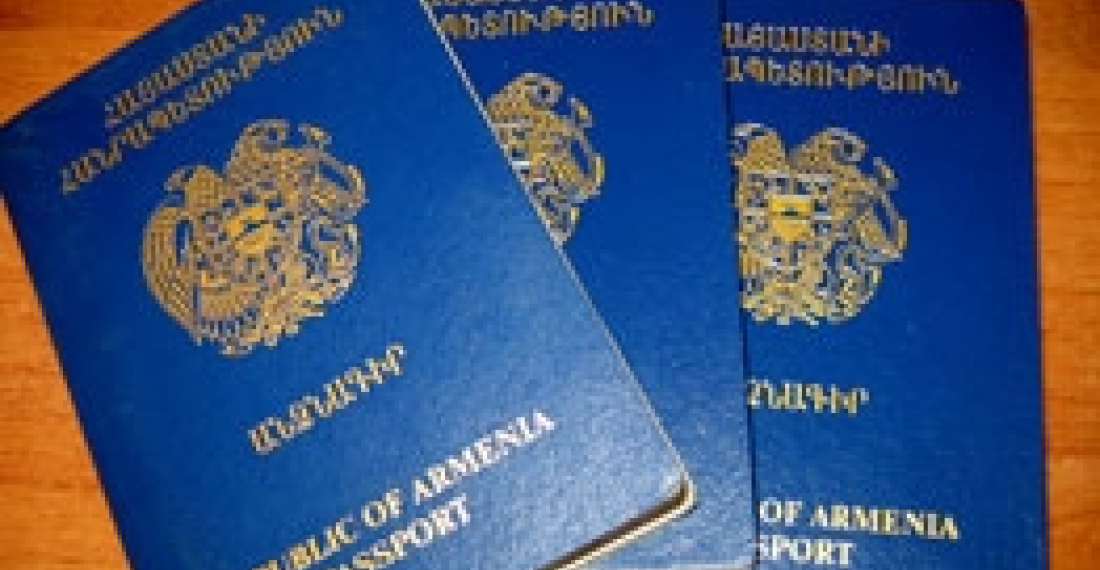Introduction of biometrical passports in Armenia will facilitate the EU visa application procedures, Hovhanness Kocharyan, Head of the Passports and Visas Department, Armenian Police, told media on Monday.
Transfer to the new system is envisaged by the Armenian Government's program of migration reform approved in 2008 and implemented as part of cooperation with the EU, he said. Kocharyan assured media that biometrical passports and ID-cards will allow reducing passport forgery, automating the identification process. In future, ID-cards will allow citizens to apply to state agencies for various issues without direct communication when them, which will reduce corruption risks.
The system of biometrical passports and ID-cards will be introduced in Armenia on June 1 2012. PWPW Company, Poland, will produce biometrical passports and ID-cards. The company won a relevant contest in April 2011. Nearly 304,000 passports and 1 million ID-cards in the amount of 16 million EUR will be issued in the period from 2012 to 2016. Production of a passport will cost 37 EUR and an ID-card - 6 EUR. Identification card is for internal use, while passport is for foreign travels. Alongside with personal details, digital photo, e-signature, the foreign passport will contain two fingerprints of the owner. The identification card will be valid within 10 years. It will contain the same data on the person in Armenian and English as the current passports.
Kocharyan said that biometrical passports are available for 25,000 drams and ID-cards for 3,000 drams. It is not compulsory for citizens to get new passports. Citizens can change their expired passports with the old model passports.
Introduction of biometrical passports in Armenia to facilitate EU visa application procedures
Introduction of biometrical passports in Armenia to facilitate EU visa application procedures







